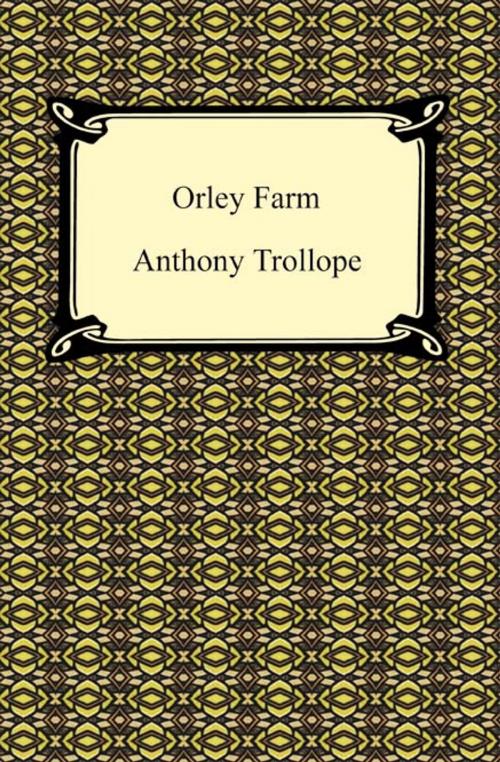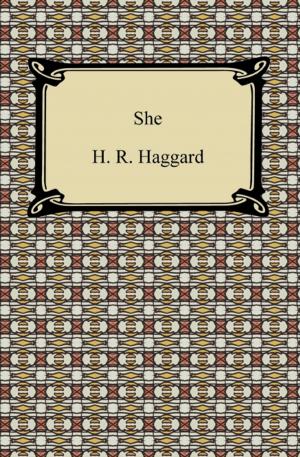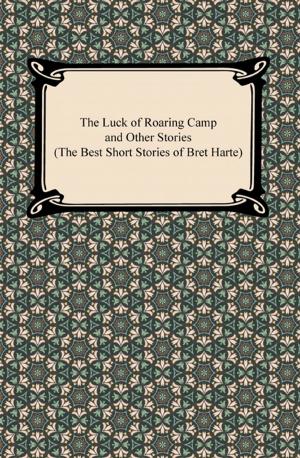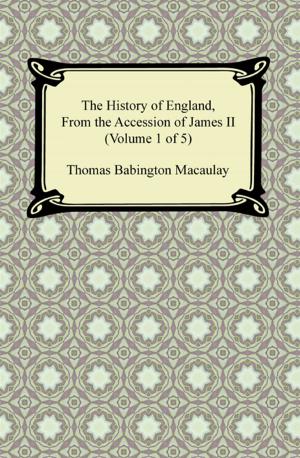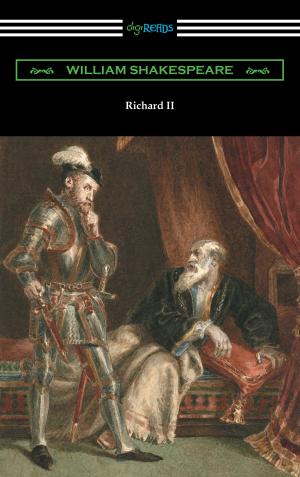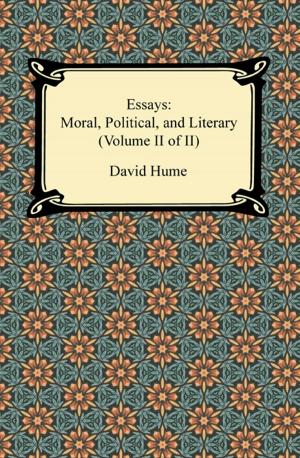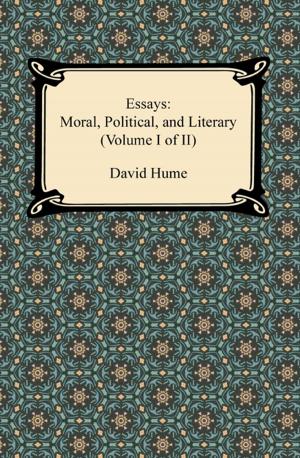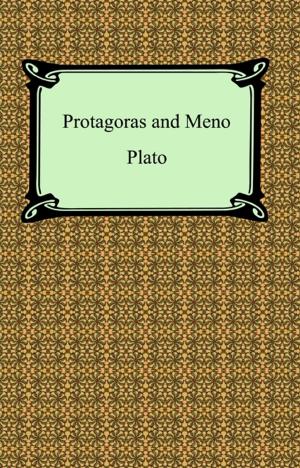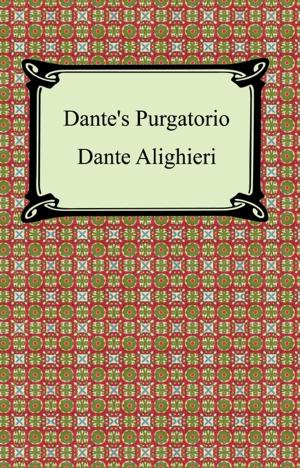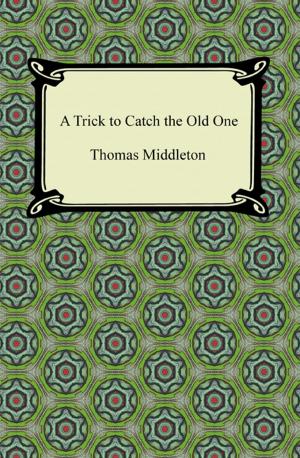| Author: | Anthony Trollope | ISBN: | 9781420936711 |
| Publisher: | Neeland Media LLC | Publication: | December 15, 2009 |
| Imprint: | Digireads.com Publishing | Language: | English |
| Author: | Anthony Trollope |
| ISBN: | 9781420936711 |
| Publisher: | Neeland Media LLC |
| Publication: | December 15, 2009 |
| Imprint: | Digireads.com Publishing |
| Language: | English |
The favorite self-written work of the author, "Orley Farm" is a novel that revolves around the final will of Joseph Mason. While most of Mason's property is left to the son from his first marriage, a codicil in his second wife's handwriting bequeaths the small Orley Farm to his other son Lucius. When taken to court, the ruling favors the validity of the addition. Many years pass, and an array of characters are brought into the story who reveal the difficulties of love and life, from the marriages of the young, to the middle age struggles of others, particularly in the clever but sympathetic Lady Mason, and even in the losses of the elderly. Amidst the unfolding of these various characters' choices, ordeals, and means of coping with each, the language of the law and its impact on their lives is masterfully portrayed by Trollope. Perhaps one of the earliest legal suspense novels, "Orley Farm" combines the sensational with the realistic to explore the morality of law.
The favorite self-written work of the author, "Orley Farm" is a novel that revolves around the final will of Joseph Mason. While most of Mason's property is left to the son from his first marriage, a codicil in his second wife's handwriting bequeaths the small Orley Farm to his other son Lucius. When taken to court, the ruling favors the validity of the addition. Many years pass, and an array of characters are brought into the story who reveal the difficulties of love and life, from the marriages of the young, to the middle age struggles of others, particularly in the clever but sympathetic Lady Mason, and even in the losses of the elderly. Amidst the unfolding of these various characters' choices, ordeals, and means of coping with each, the language of the law and its impact on their lives is masterfully portrayed by Trollope. Perhaps one of the earliest legal suspense novels, "Orley Farm" combines the sensational with the realistic to explore the morality of law.
